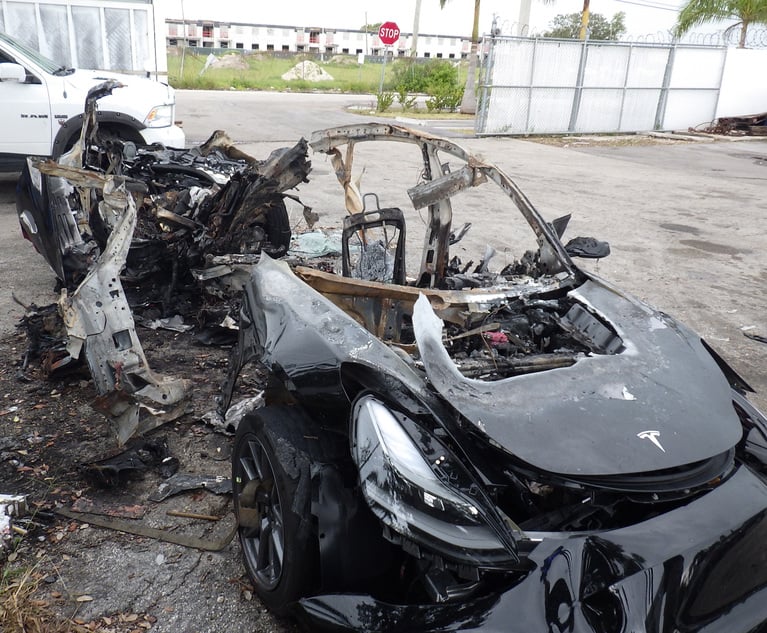The Ohio Supreme Court, in a move that drew praise frominsurance interests, ruled 6-1 today that a 2004 state law,requiring plaintiffs to submit medical proof of injury fromasbestos before their cases are heard, can be appliedretroactively.
|According to the court, the statute can be applied withoutviolating the Ohio Constitution Retroactivity Clause because thelaw is "procedural and remedial."
|At the time the law was passed, the legislature found theexisting asbestos personal injury litigation system in the state tobe "unfair and inefficient, imposing a severe burden on litigantsand taxpayers alike," the court noted.
|Without preliminary medical evidence of physical impairment,asbestos cases can be administratively dismissed without prejudice.They can be reinstated if such proof is brought under the law.
|The case was brought by Linda Ackison, the widow of DannyAckison, against his employer, Dayton Malleable of Ironton, Ohio,and other defendants, claiming nonmalignant asbestosis. Her casewas administratively dismissed by a trial judge but reversed by anappeals court, which the State Supreme Court overruled today.
|The court said the law would only be unconstitutional if itimpaired or took away a right, or imposed new or additionalburdens, duties, obligations or liabilities as to a pasttransaction, or creates a new right.
|A remedial law, the court said in an opinion written by JusticeRobert R. Cupp, has been found to be one that affects only theremedy provided, and includes laws that merely substitute a new ormore appropriate remedy for enforcement of an existing right.
|The court's action drew a stinging rebuke in the minorityopinion written by Justice Paul E. Pfeiffer. "This court's job inthis case is not to fix a crisis declared by the General Assembly.Our duty is to determine what is right for Danny Ackison under theOhio Constitution," he wrote.
|His opinion also said the court's "complicity with the GeneralAssembly when it violates the Constitution is not judicialrestraint--it is doing the work of the legislature from thebench."
|But in the view of the American Insurance Association (AIA), theruling "upholds the nation's first asbestos litigation reformlegislation, thereby helping truly sick victims of asbestosexposure get compensated quickly and fairly for theirinjuries."
|The decision "upholds a process that prioritizes the handlingand resolution of asbestos claims and litigation," said AIA's vicepresident and deputy general counsel, Lynda Mounts.
|"For too long, the bulk of asbestos claims that have causeddozens of Ohio companies to go bankrupt were specious. The reformmeasure, now validated by the court, simply requires plaintiffs toprovide solid medical evidence of an asbestos-related illness for alawsuit to proceed," she said.
|"The truly sick will still get compensated, and for those that,thankfully, are not sick but may become sick, they can still havetheir day in court," she added.
Want to continue reading?
Become a Free PropertyCasualty360 Digital Reader
Your access to unlimited PropertyCasualty360 content isn’t changing.
Once you are an ALM digital member, you’ll receive:
- All PropertyCasualty360.com news coverage, best practices, and in-depth analysis.
- Educational webcasts, resources from industry leaders, and informative newsletters.
- Other award-winning websites including BenefitsPRO.com and ThinkAdvisor.com.
Already have an account? Sign In
© 2024 ALM Global, LLC, All Rights Reserved. Request academic re-use from www.copyright.com. All other uses, submit a request to [email protected]. For more information visit Asset & Logo Licensing.








